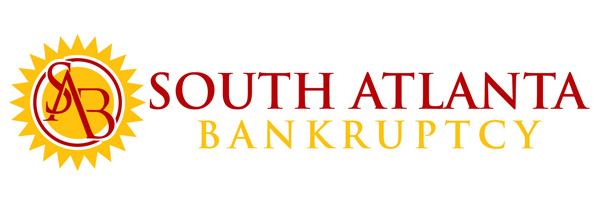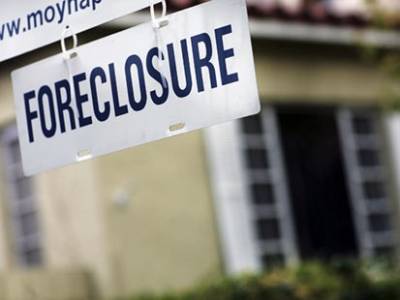There is more outstanding student loan debt in the United States today than there is credit card debt. Today, excessive credit card debt is being made worse by exploding student loan debt. The situation is likely to continue, because acquiring a higher education is increasingly important to landing a good job in a competitive environment. The cost of that education is skyrocketing, and it is easy to borrow student loan money before you are sure that you will have the ability to repay those loans.
A common misperception is that you can’t do anything about student loans in bankruptcy. For one thing, the bankruptcy code does provide for the possibility of a “hardship discharge” in Chapter 7. However, a hardship discharge is available only under extremely limited circumstances, and even then, it requires expensive litigation. Thus, as a practical matter, unless you are old or in terrible shape, you probably won’t qualify, and should not waste time thinking about discharging your student loans without payment.
Even so, you may be able to substantially reduce your student loan payments during the five- year term of a Chapter 13. In the Chapter 13, you can make lower payments to get around the short term pinch. At the conclusion of the plan, your other debt will be wiped out. Then, you will only owe the unpaid portion of the student loan. In this way, you can get out of danger from an immediate disaster, and give yourself several years to develop a long-term solution, usually by making more money in a higher paying job as the result of acquiring your education.
Attorneys Brooks Cotten and Gina Karrh have over 30 years experience in helping people with their financial situations. Call us today at 678-519-4143.


